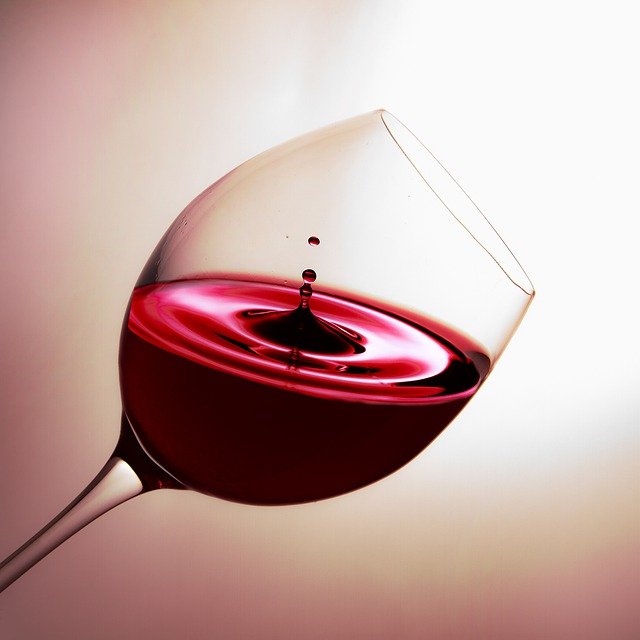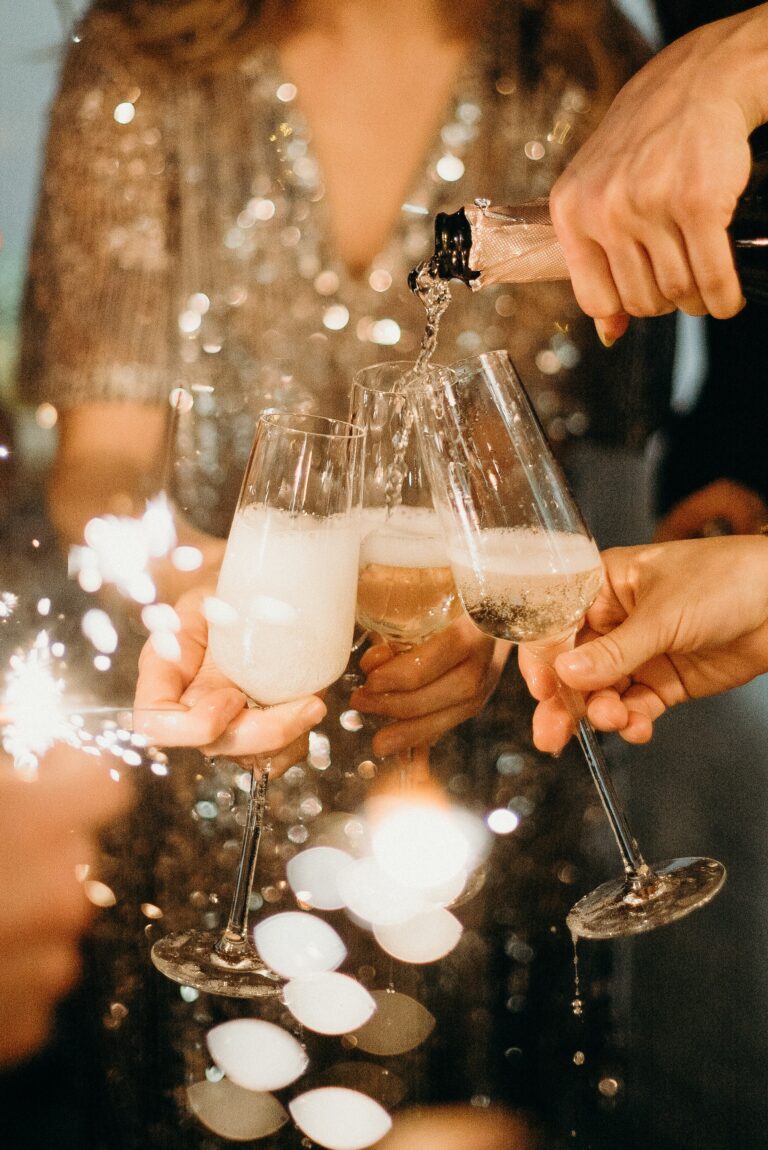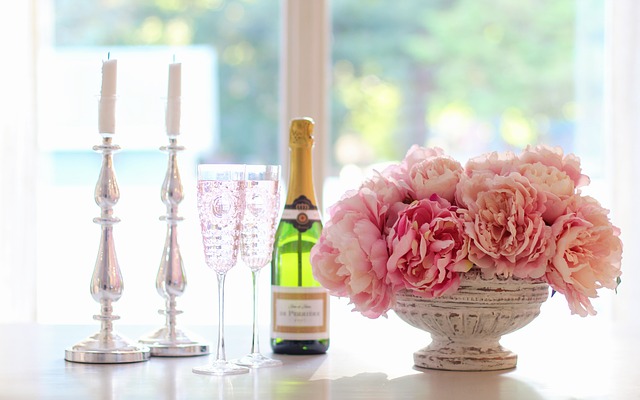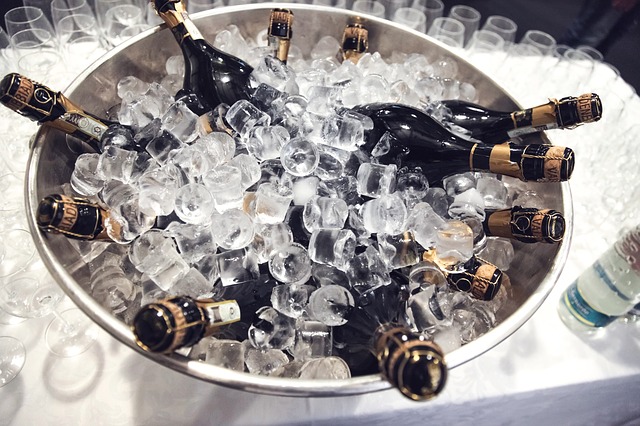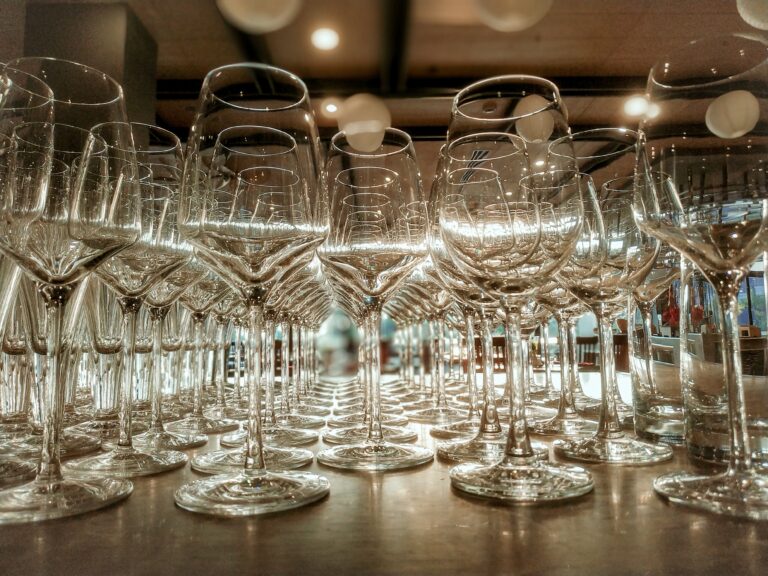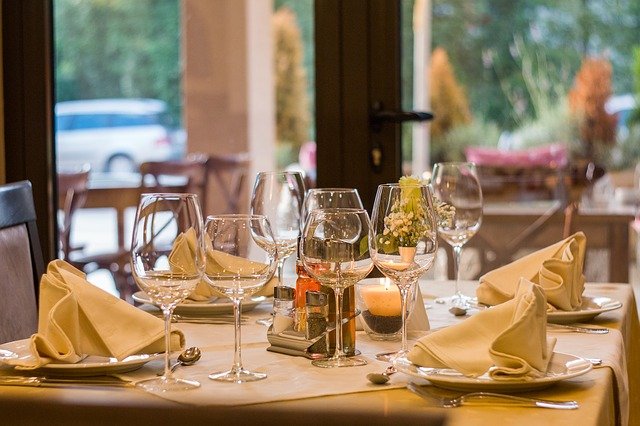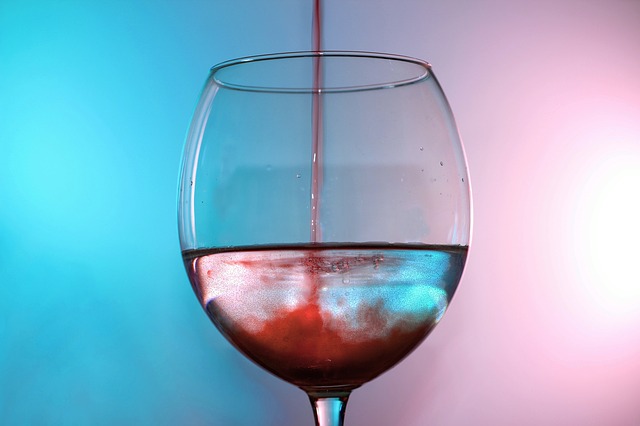If you’re like most wine lovers, your collection is probably growing at an alarming rate. It’s natural to want to show off your collection and share it with friends.
So it’s helpful to understand how you can best store your wine to ensure that it stays fresh and full of flavor for as long as possible.
The most important thing you can do is invest in the right wine storage options, but there are also some common mistakes that can ruin the quality of your wine over time, even if it’s sitting on your shelf or in the closet.
Table of Contents
- # Storing Your Wine in the Fridge Will Make It Last Longer
- # You Can Store Your Wine on a Small Rack on Top of Your Refrigerator
- # Cellaring Is Beneficial for All Wines
- # Store Your Wine in an Upright Position
- # You Can’t Store an Opened Bottle of Wine
- # A Great Place To Store Your Wine Is In The Kitchen
- # Decanting Is Only For Old, Expensive Wines
- # Wines Have Longer Shell Life in Barrels
- # Common Mistakes While Storing Wines
- Conclusion On Storage Myths That Can Harm Your Wine
# Storing Your Wine in the Fridge Will Make It Last Longer
While it’s true that wine tastes better chilled, storing your favorite bottles in a fridge can actually shorten their lifespan. Not to mention, even when kept in optimal conditions, a bottle of wine will last between six months and two years.
But if you really want to do yourself a favor (and not waste money), store your wines at around 55 degrees Fahrenheit and drink them within 6 months or so! You Can Keep Wine on The Shelf For an Undetermined Amount of Time: This is one of those it depends situations.
If you want your wine to stay in its best possible condition, then it should be stored horizontally—meaning no standing up bottles!
# You Can Store Your Wine on a Small Rack on Top of Your Refrigerator
This isn’t a terrible place to store wine as long as it is out of direct sunlight. But don’t think for a second that it is ideal.
Heat rises, and if your fridge has warm spots or gets lots of direct sunlight then you might want to consider keeping your wine on its side in a wine cooler instead.
You Don’t Need To Treat Tannin: At least some tannin is required in any red wine because it helps preserve freshness and prevent oxidation. Red wines typically contain more tannin than white wines, which is one reason that they age better over time.
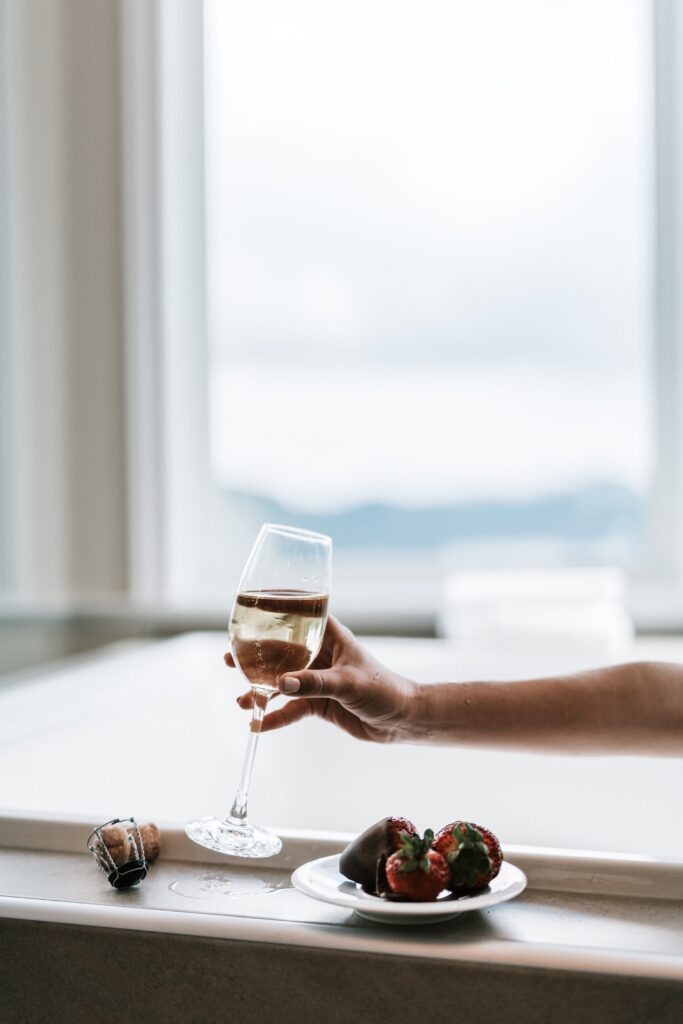
# Cellaring Is Beneficial for All Wines
Cellaring is beneficial for a specific subset of wines: aged ones. As wine ages, it undergoes changes in flavor that are influenced by its storage conditions (temperature, humidity, light exposure and more).
It’s essential to understand that a wine doesn’t need to be expensive or fancy to improve with age—though it certainly helps. In fact, research has shown that white wines tend to peak around 5 years of age while reds develop gradually over an even longer time period.
Generally speaking, lighter colored wines are better candidates for cellaring because they aren’t as susceptible to darkening over time. These include rosé and white wines like Sauvignon Blanc.
Also Read: 8 Napa Valley Wines to Start Your Collection
# Store Your Wine in an Upright Position
You may think that storing your wine on its side will keep it from getting damaged, but a bottle of wine is designed to be stored on its bottom.
Allowing a wine bottle to rest at an angle will trap sediment in one area and can lead to more rapid oxidation and even cork breakage as a result.
If you store your wines upright, you’ll have fewer headaches when it comes time to uncork them. Keep your wines standing up, instead of lying down. It’s safer for everyone involved!
# You Can’t Store an Opened Bottle of Wine
False! While an opened bottle won’t last as long as an unopened one, wine will keep for several days in a refrigerator. Wines high in alcohol, such as port and sherry, last longer than those that are less alcoholic.
At room temperature, wines with an alcohol content of 12% will last three to four days. Red wines age faster than white wines; older vintages keep their flavor longer.
Even if you plan on having your wine right away, it’s still a good idea to chill it before serving so that you can enjoy it at its peak—but don’t freeze it or leave it out too long before serving because warm wine is flat and unpleasant.
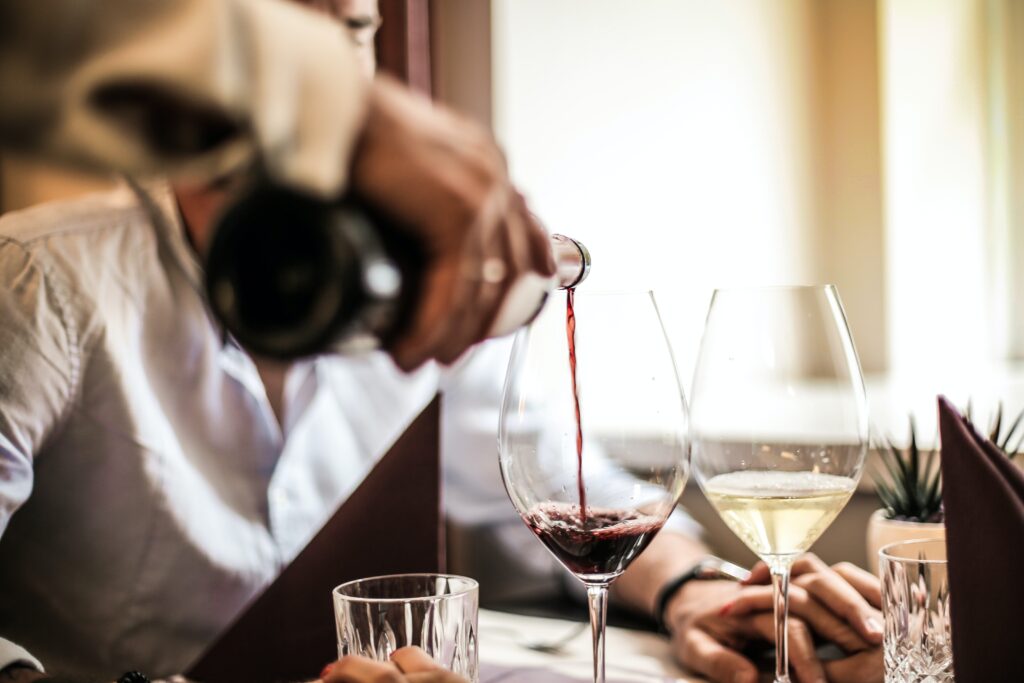
# A Great Place To Store Your Wine Is In The Kitchen
People often choose to store their wine in a place that is convenient and out of sight, but many do not consider other important factors when storing wine. There are several factors that need to be considered if you want your wines to age properly.
The best way to guarantee proper aging is storing them in a climate-controlled cellar or room that is at a constant temperature, low humidity, and away from direct sunlight.
Even though most people will not have a personal cellar or room like those listed above, a kitchen cupboard can be used as an alternative option for those who do not have much space available.
# Decanting Is Only For Old, Expensive Wines
Research shows that decanting an old wine can actually improve its flavor. The same goes for a $100 bottle of wine, but not necessarily a $10 bottle. Decanting can remove volatile compounds from young wines, allowing them to breathe and develop more complexity over time.
It’s especially helpful if you plan on drinking your wine in one sitting; otherwise, it’s safe to say that leaving any bottle of wine open will go downhill in both taste and quality as time passes by.
As we see it, there are very few reasons not to decant every single one of your bottles—especially because its benefits far outweigh any work involved in doing so.
# Wines Have Longer Shell Life in Barrels
When wines age in barrels, they absorb tannins, which lend them structure and improve their texture. Wines that have been aged in barrels are also stored under less than optimal conditions, so they often receive plenty of oxygen exposure, which allows for better air circulation throughout.
While it is true that wine can last longer when aged in a barrel versus a bottle, there’s no evidence to support that it affects their quality. In fact, some experts believe barrels are too porous for aging.
More specifically: Wine oxidizes more quickly [in a barrel] because of greater surface area exposure to oxygen. This explains why aged wines tend to be rich and complex; wines aged under controlled conditions (which minimizes oxidation) on average taste younger.
# Common Mistakes While Storing Wines
One of biggest mistakes you can make while storing wines is keeping them in direct sunlight or too close to a radiator. Sunlight and heat are wine’s worst enemies.
This is because light and heat cause chemical reactions with an opened bottle of wine, altering its taste and changing its character –not only that but when exposed to sunlight, a bottle of wine could even start to lose some of its quality.
Another common mistake is letting your wine come into contact with any kind of metal object as contact between them will affect your wine’s smell, taste and color.
You should also avoid storing white wines near anything red as they will have an adverse effect on each other; you should also try not to keep warm or hot beverages near any open bottles.
Conclusion On Storage Myths That Can Harm Your Wine
Wines age better when kept in a constant environment. Since temperature and humidity are often linked, it’s best to store your wine at 50°F with 70% humidity.
This is particularly true for young wines that have not yet developed their full flavor potential; low temperatures keep these wines from developing tannins and integrating other flavors, which means you’ll miss out on some of what makes a good wine great.
You also run a greater risk of mold or spoilage if you store your wines in an unstable environment (like a basement). Aim for consistency, but don’t sacrifice quality!

